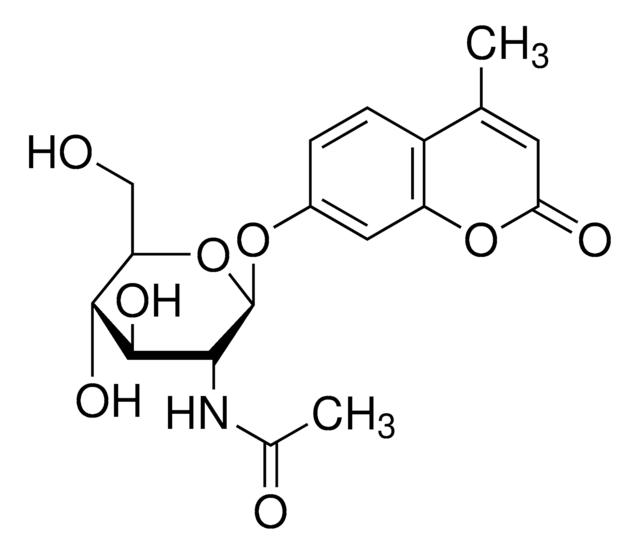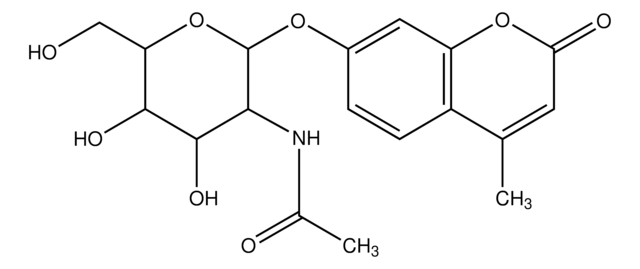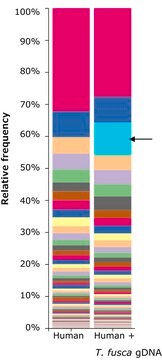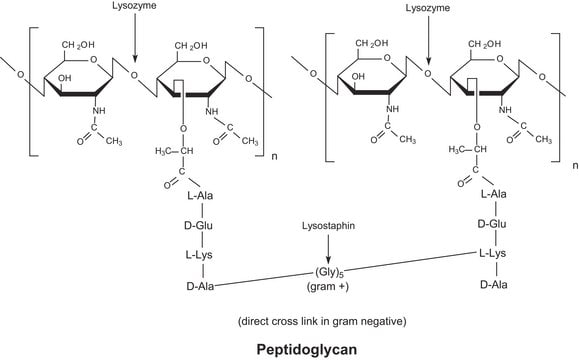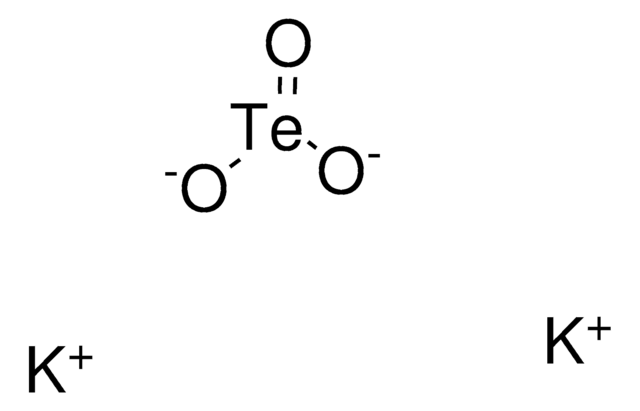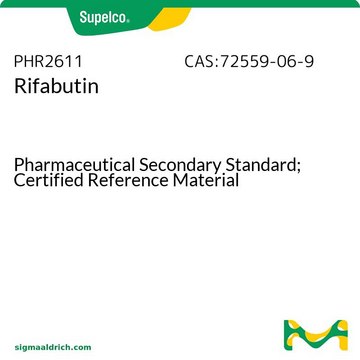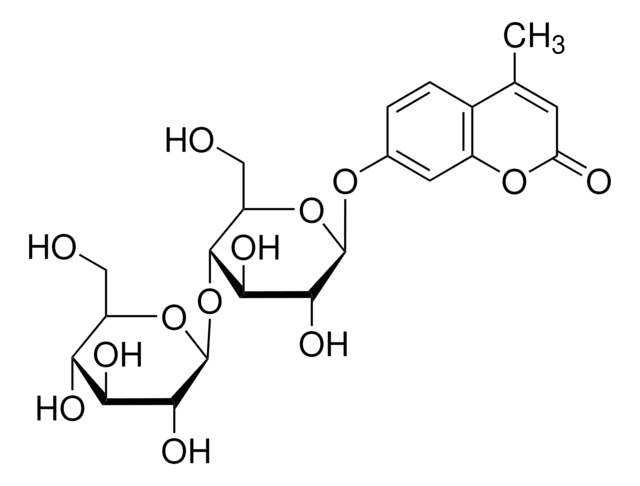M8195
Monoclonal Anti-phospho-MDMX (pTyr99) antibody produced in mouse
~2 mg/mL, clone PH-MDMX-169, purified immunoglobulin, buffered aqueous solution
Sinônimo(s):
Anti-HDM4, Anti-HDMX, Anti-MDM4, Anti-MGC132766, Anti-MRP1
About This Item
Produtos recomendados
fonte biológica
mouse
conjugado
unconjugated
forma do anticorpo
purified immunoglobulin
tipo de produto de anticorpo
primary antibodies
clone
PH-MDMX-169, monoclonal
forma
buffered aqueous solution
peso molecular
antigen ~80 kDa
reatividade de espécies
human
embalagem
antibody small pack of 25 μL
concentração
~2 mg/mL
técnica(s)
indirect ELISA: suitable
indirect immunofluorescence: suitable
western blot: 1-2 μg/mL using total cell extract of HEK-293T cells co-transfected with human MDMX and a specific kinase
Isotipo
IgG2b
nº de adesão UniProt
Condições de expedição
dry ice
temperatura de armazenamento
−20°C
modificação pós-traducional do alvo
phosphorylation (pTyr99)
Informações sobre genes
human ... MDM4(4194)
Descrição geral
Especificidade
Imunogênio
Aplicação
- enzyme-linked immunosorbent assay (ELISA)
- immunofluorescence
- immunoblotting
Ações bioquímicas/fisiológicas
forma física
Armazenamento e estabilidade
Exoneração de responsabilidade
Não está encontrando o produto certo?
Experimente o nosso Ferramenta de seleção de produtos.
Código de classe de armazenamento
10 - Combustible liquids
Classe de risco de água (WGK)
WGK 3
Ponto de fulgor (°F)
Not applicable
Ponto de fulgor (°C)
Not applicable
Equipamento de proteção individual
Eyeshields, Gloves, multi-purpose combination respirator cartridge (US)
Certificados de análise (COA)
Busque Certificados de análise (COA) digitando o Número do Lote do produto. Os números de lote e remessa podem ser encontrados no rótulo de um produto após a palavra “Lot” ou “Batch”.
Já possui este produto?
Encontre a documentação dos produtos que você adquiriu recentemente na biblioteca de documentos.
Nossa equipe de cientistas tem experiência em todas as áreas de pesquisa, incluindo Life Sciences, ciência de materiais, síntese química, cromatografia, química analítica e muitas outras.
Entre em contato com a assistência técnica